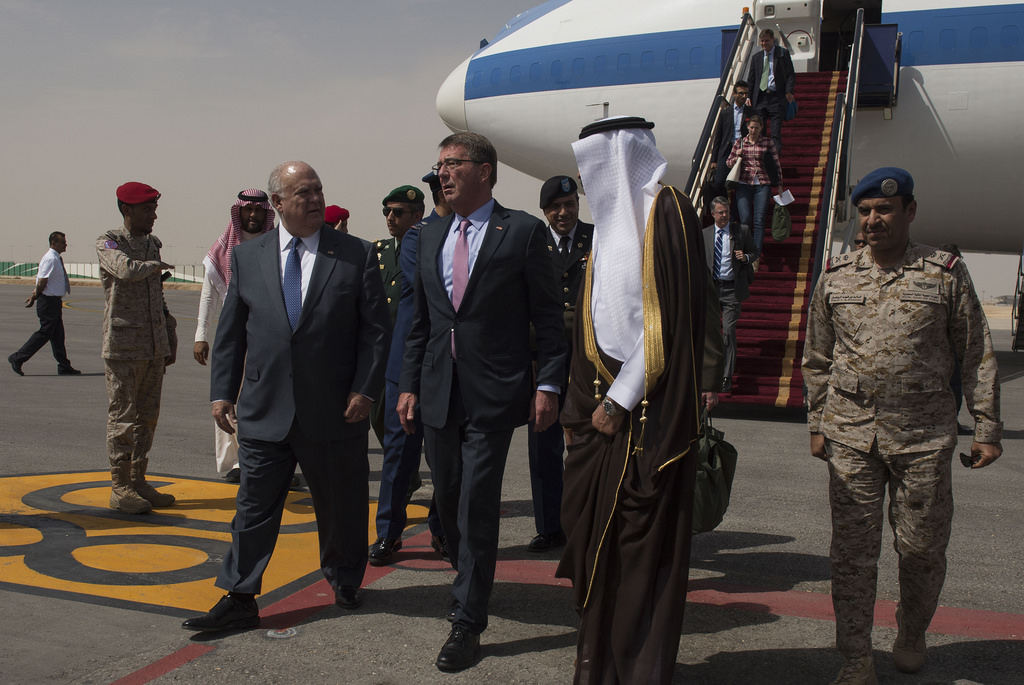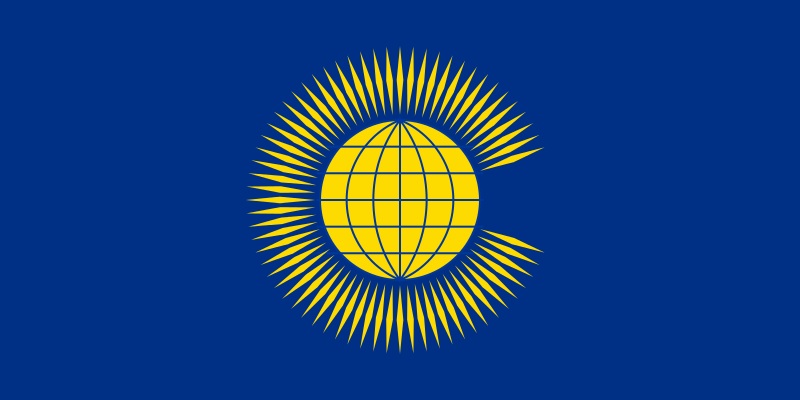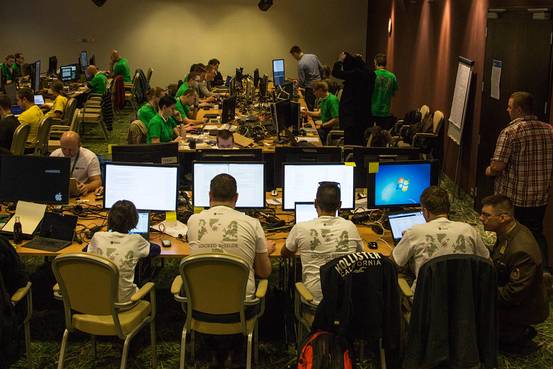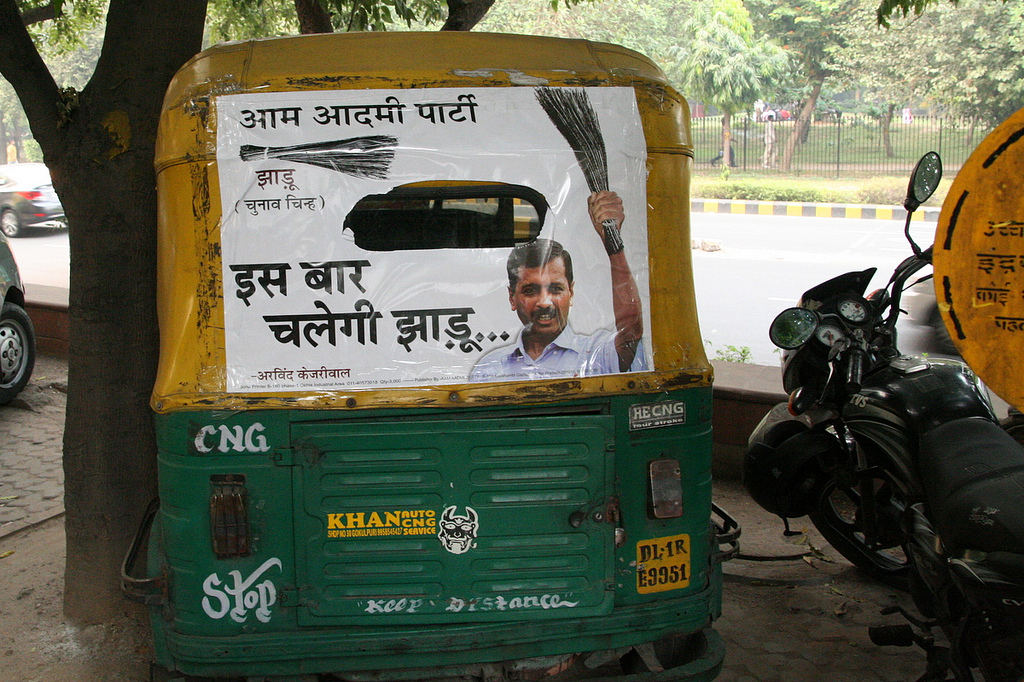The Gulf Cooperation Council (GCC) summit in Riyadh on April 21, 2016, was the first one ever attended by an American President. It is the result of last year’s Camp David meeting, where President Barack Obama and leaders of the GCC discussed the Gulf States’ endorsement of the Iranian Nuclear Deal. Chief among the summit’s priorities were providing assurances to the GCC about Iran, as well as addressing the human rights catastrophe, where thousands have died in a Saudi-backed civil war in Yemen.
Perhaps even more important was the meeting held between U.S. Secretary of State John Kerry and his GCC counterparts in Manama, Bahrain. In a pre-summit meeting, which was meant to lay the groundwork for President Obama, Secretary Kerry said that both US officials and leaders of the Gulf would discuss the possibility of a partnership between the North Atlantic Treaty Organization (NATO) and the GCC. Sources told The National that GCC Foreign Ministers arrived at the Camp David meeting with “high hopes” of establishing a NATO-GCC partnership.
The GCC was founded in 1981 by Bahrain, Kuwait, Oman, Qatar, Saudi Arabia and The United Arab Emirates (UAE), amidst fears of instability stemming from the Iraq-Iran War. In 1979, Mecca was attacked by Islamist dissidents, the world was shaken by the second oil crisis, and Iran’s government was toppled in what ultimately led to an eight-year long war against Iraq.
Peace in our time?
American interest in such a partnership is very telling: almost 40 years after the GCC was formed, the situation in the region is almost just as chaotic. The Syrian conflict has produced millions of refugees, while the Islamic State (ISIS) has seemingly exhausted the capabilities of a fragile Iraq. Now that Iran is poised to recover its pre-oil production, tensions with Saudi Arabia have hit a new peak.
In this context, the GCC offers a rare, if not the only, regional platform for cooperation. Its list of shortcomings make it an unlikely force for change: all of its six members share a predominately oil-dominated economy, most of them support different factions in Syria, and see Iran as a bigger threat than ISIS. If only for this reason, the United States should encourage them to embrace Iran rather than to join forces against Tehran.
But the GCC offers a more striking advantage; it has a history of engaging Iran. Former Iranian President Mahmoud Ahmadinejad attended the 28th GCC Summit in 2007 and proposed a series of joint projects with the GCC. Surprisingly, Washington has been behind significant initiatives to work cooperatively with Iran, a recent White house press release says: “The United States and the GCC states reiterated support for the Joint Comprehensive Plan of Action (JCPOA) with Iran, noting that successful implementation of the JCPOA, thus far, has blocked Iran’s pathways to a nuclear weapon and enhanced regional security and stability.”
In his recent book on Gulf States Diplomacy, Matteo Legrenzi argues that the GCC’s proven capabilities as an alliance are nowhere as developed as has been reported.
NATO-GCC partnership: why it matters
What ultimately makes GCC a suitable vehicle for increased regional engagement is the current worsening state of relations between Washington, Israel, and Saudi Arabia. Israel, a historical ally in the region, has proven to be just as much a free rider as Saudi Arabia, spying on the US on multiple occasions. For this reason, trust between Washington and Tel-Aviv is as minimal as with Saudi Arabia, thus fueling the need for a new regional discussion platform. This explains why Israel has been secretly cozying up to the GCC.
In terms of regional stability, the Gulf Cooperation Council’s main problem is that the organization increasingly appears to be set on containing Iran. The recent invitation sent to Morocco and Jordan has deepened this belief in Tehran. For the US, including Riyadh in the initiative would help bring balance to the region. Saudi Arabia’s heavy-handed involvement in Yemen as well as its refusal to cut down production led President Barack Obama to call the petro-state a free rider.
The US spent the last decade trying to persuade Saudi Arabia and Oman to join the Istanbul Cooperative Initiative, which is today considered the largest platform for dialogue between NATO and the Gulf States. Saudi Arabia, however, has been just as consistent in turning down the offer, with Oman torn between its loyalty to Iran and its “conciliatory approach’’ to Saudi Arabia.
GCC members are generally much more concerned with the threat posed by Iran than that of ISIS. The last GCC summit was an opportunity, says James Phillips from the Heritage Foundation, to both “reassure GCC allies that the Obama Administration will strictly enforce the Iran Deal against Iran” and “push for greater GCC cooperation against the Islamic State, al-Qaeda, and other extremist groups.”
Photo Courtesy of Sgt. Adrian Cadiz.
Disclaimer: Any views or opinions expressed in articles are solely those of the authors and do not necessarily represent the views of the NATO Association of Canada.




